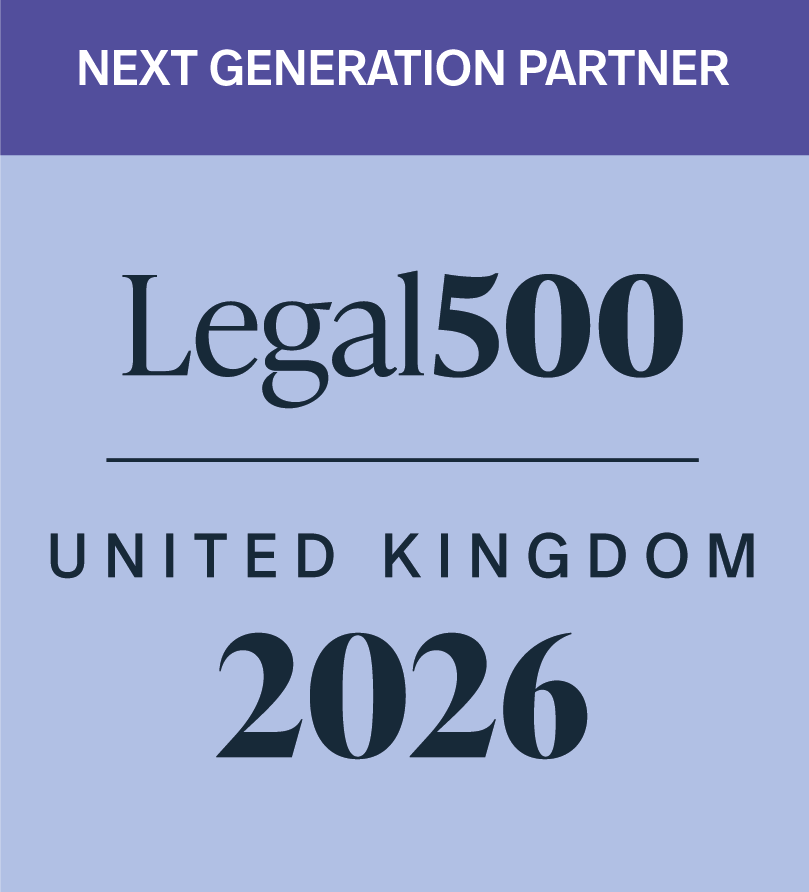Resolving commercial disputes cost-effectively
Generally, anyone who has a commercial dispute will be looking to resolve it as speedily and cost-effectively as possible. Sometimes an Alternative Dispute Resolution option, such as mediation, is a way to do this, but frequently starting down the court proceedings route is the most obvious option. In these instances, pre-action disclosure can be a useful way to begin to get a dispute resolved.
What is pre-action disclosure?
Often, documents need to be obtained from the organisation or person who is on the other side of a dispute before proceedings can begin. To achieve this, an application for pre-action disclosure must be made to the Court. The rule governing this process specifies that the Court may only make a Pre-Action Disclosure order when both parties concerned are likely to be involved in court proceedings which have not yet started. The decision to make the disclosure order will also need to be considered desirable to help solve the dispute or to save costs. Even if all these requirements are met, the Court still has discretion as to whether to grant the order.
If the Court makes a Pre-Action Disclosure Order, it must specify the documents, or type of documents, which the party responding to the claim must disclose. They will also be required to specify any of those documents which are no longer in their control, or which they claim they have a right or duty not to provide for inspection.
How to apply for pre-action disclosure
The application can be made by either party in the dispute. An application notice must be completed and filed with the relevant Court. A notice of this must be served on the other party and be supported by a draft order, specifying which documents the respondent must disclose, and by supporting evidence. The evidence must show various things, including:
- That it is probable that the respondent would be required to disclose the documents by way of standard disclosure during the proceedings
- Clarity in relation to the issues that are likely to arise in Court
- That the application is limited to documents that are strictly necessary
- The reasons why pre-action disclosure is desirable, such as to save costs or resolve the situation more quickly
- Where relevant, that the applicant made a written request to the other side for the documents before the application was issued, and whether there was any response to that.
Following the application, the Court will list the application for a hearing in which a Judge would consider the application and decide whether or not the documents should be disclosed to the applicant.
What does it cost?
The general rule is that the Court will order that the respondent be paid any costs of the application and complying with any order made on the application. This might include searching, compiling and copying the requested documents, where necessary. However, costs are at the Court’s discretion, and it may make a different order having considered all the circumstances, such as if the respondent unreasonably opposed the application and whether the parties have complied with any relevant pre-action protocols.
What to do next?
If you have an unresolved dispute, the Commercial Disputes team at Fraser Dawbarns will be happy to advise you on your options and to recommend a course of action. In many cases this will include applying for pre-action disclosure because not doing so is likely to substantially increase the overall time frame for resolving the dispute. Please contact us.
How To Contact Us:
To contact a member of our team, you can fill in our online enquiry form, email info@fraserdawbarns.com, or call your nearest office below. If you’d like to speak to a member of our team at one of our offices across Norfolk and Cambridgeshire, visit our offices page.
Wisbech: 01945 461456
March: 01354 602880
King’s Lynn: 01553 666600
Ely: 01353 383483
Downham Market: 01366 383171
This article aims to supply general information, but it is not intended to constitute advice. Every effort is made to ensure that the law referred to is correct at the date of publication and to avoid any statement which may mislead. However, no duty of care is assumed to any person and no liability is accepted for any omission or inaccuracy. Always seek advice specific to your own circumstances. Fraser Dawbarns LLP is always happy to provide such advice.
Related Articles
Recommended By The Legal 500 Directory*
*We are recommended for the following practice areas: Corporate and Commercial, Debt Recovery, Employment, Personal Injury: Claimant, Agriculture and Estates, Contentious Trusts and Probate, Family, Personal Tax, Trusts and Probate & Commercial Property.
ServicesContact















